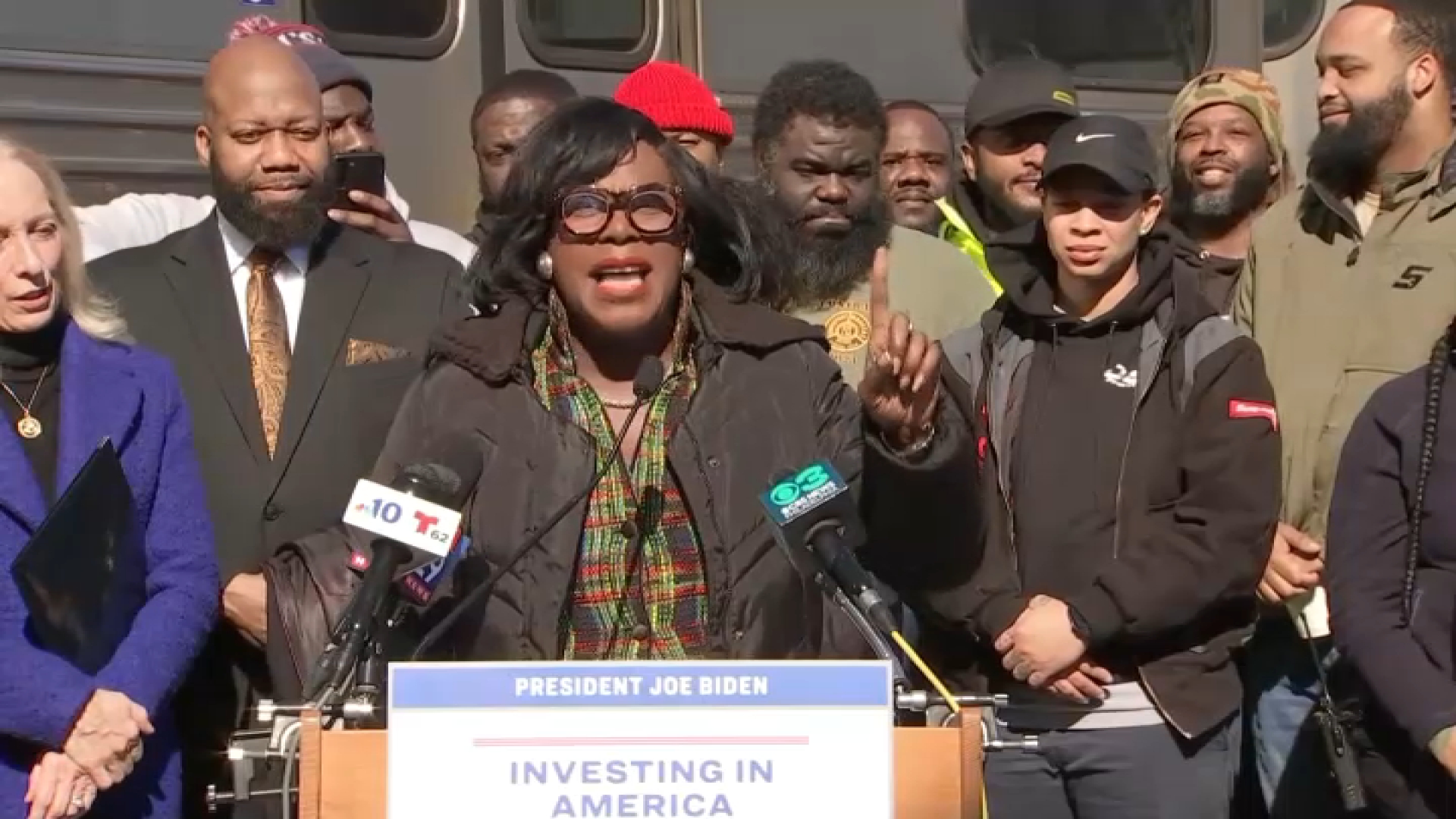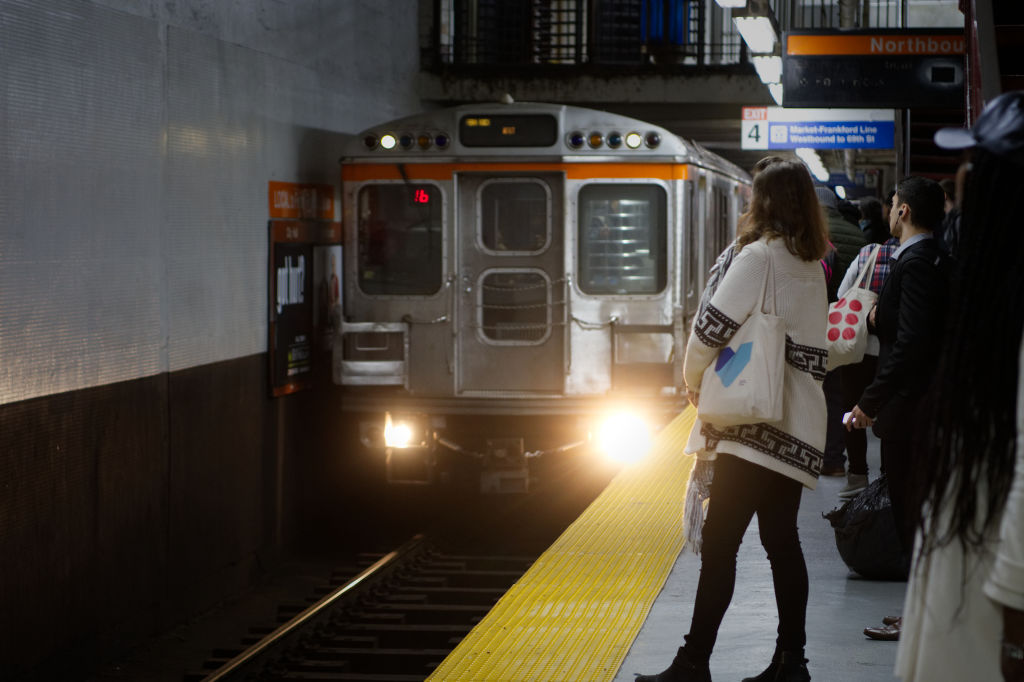As Philadelphia City Council held the latest in its ongoing schedule of hearings on the budget for the coming year, Leslie Richards, the CEO and general manager of SEPTA, addressed elected officials to detail a looming multimillion deficit for the mass transit provider.
There were plenty of questions in City Hall on Wednesday as councilmembers listened to testimony from SEPTA's top brass.
According to prepared statements, released by SEPTA on Wednesday, Richards told City Council that its federal COVID relief funds have now dried up and, by July 1, SEPTA is facing a $240 million deficit.
"When I testified before Council last year, I warned of a coming fiscal cliff once SEPTA’s one-time federal COVID emergency relief funds were exhausted. That day arrived this month," she told councilmembers.
Get top local stories in Philly delivered to you every morning. >Sign up for NBC Philadelphia's News Headlines newsletter.
If SEPTA falls off that fiscal cliff, officials have said the mass transit provider could implement fare hikes and service cuts.
Along with this concern, Richards emphasized the importance of the $117 million in the city's budget that SEPTA has requested for next year.
Richards said, the funds will help leverage $1.1 billion in funds from the state.
"Each operating dollar the City of Philadelphia contributes enables seven dollars in state operating assistance, and each dollar of capital funding the City provides leverages $82 from the state and federal government," Richards explained.
Overall, for the coming year, SEPTA has proposed a total budget of $2.6 billion, which includes a $1.74 billion operating budget and a $922 million capital budget.
This budget would include funds from an increase of $1.5 billion for public transportation all across the Keystone State over the course of the next five years that Governor Josh Shapiro has included in the state's budget proposal.
And, Richards said, that SEPTA has plans for this funding. If these funds are delivered as proposed, SEPTA will invest $72 million into, what Richards called, "safe, clean, and secure initiatives."
She said this would include hiring 40 more police officers, 30 more safety professionals and 100 more cleaners.
Also, she noted that these steps would be taken to build on the 45% decrease in serious crimes that SEPTA has seen throughout its system over this time last year.
"We’re now taking a lot of criminals off the street. Our arrests are through the roof through the first quarter of the year," SEPTA Chief of Police Charles Lawson said.
Yet, some City Councilmembers were seemingly not convinced that SEPTA has seen such a drastic turnaround.
Councilmember Cindy Bass, (D-8th dist.) said that she believes the mass transit provider is in need of more cleaners as soon as possible.
“I have to tell you I’m not convinced," she said. "I was at Broad and Olney not recently but a few months ago and it was the dirtiest I’ve ever seen any stop, anywhere.”
Some councilmembers sounded off and raised issues with SEPTA's proposed "Bus Revolution" program that would revamp the bus system by changing routes and times.
When asked, SEPTA CEO and General Manager Leslie Richards told NBC10," It’s a big deal, right and change is not easy. I am 100% confident that Bus Revolution moving forward is going to make SEPTA better, is going to make this region better.”
SEPTA officials say that the Bus Revolution will mean more frequent service at night and on weekends.
If City Council will approve new funding to SEPTA remains to be seen, as the city officials still have hearings on the budget proposal scheduled through May 1.
Sign up for our Breaking newsletter to get the most urgent news stories in your inbox.




